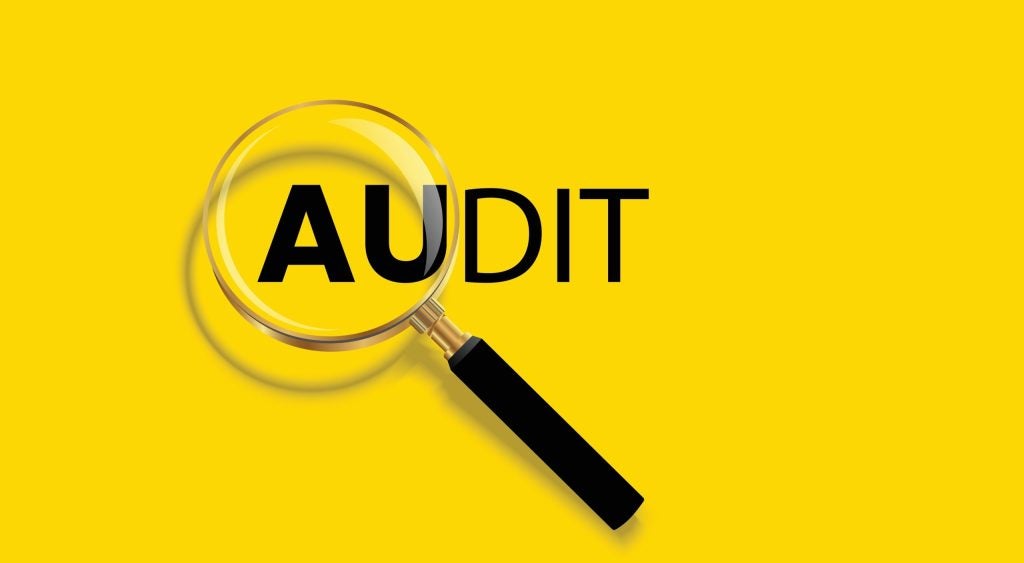A new standard proposed by the USA audit regulator, the Public Company Accounting Oversight Board (PCAOB), could improve the audit market and investor protection in China, according to Paul Gillis, professor of practice at Peking University’s Guanghua School of Management.
The PCAOB has this week released for consultation amendments to current standards and a new standard to give lead auditors guidance for supervising audit work performed by other firms and individuals.
Gillis believes these changes will have a significant impact on audits of USA listed Chinese companies as it tackles some of the most important issues of such audits.
PCAOB’s proposal relates to the audits of multinational companies which often require work by firms other than the one issuing the audit opinion.
According to PCAOB data, other auditors are used in about 55% of audits performed by USA global network firms and about 30 % of audits performed by non-USA global network affiliate firms.
Furthermore about 80% of audits of Fortune 500 companies performed by USA global network firms involve other auditors, according to a PCAOB analysis of data from Audit Analytics and Standard & Poor’s.
How well do you really know your competitors?
Access the most comprehensive Company Profiles on the market, powered by GlobalData. Save hours of research. Gain competitive edge.

Thank you!
Your download email will arrive shortly
Not ready to buy yet? Download a free sample
We are confident about the unique quality of our Company Profiles. However, we want you to make the most beneficial decision for your business, so we offer a free sample that you can download by submitting the below form
By GlobalDataNotably the proposed standard would be relevant in China. As Gillis explained in his latest blog post, one of the problems with audits of USA listed Chinese companies relates to the Big Four in Hong Kong signing off on audits that are mostly or completely done by the mainland Chinese member firm.
“I have called that practice consumer fraud – no different than a Wenzhou shirt maker sewing a made in Italy label on a garment,” he wrote. “There is also the problem of some firms having their Hong Kong affiliate sign off US listings even where the work is done by the mainland firm.”
PCAOB’s proposal spells out a lead auditor’s responsibilities for planning, supervising, and evaluating the work of other auditors. It is intended to increase the lead auditor’s supervision of the work of other auditors and to enhance the lead auditor’s ability to prevent or detect deficiencies in the other auditors’ work.
The proposed standard requires an audit firm to audit a meaningful portion of the financial statements to act as the lead auditor, therefore Gillis is confident it will end “many of the practices currently used by the Big Four in Hong Kong where the report is issued on Hong Kong letterhead despite most or all of the audit being done by the mainland affiliate”.
Gillis also noted a second problem the PCAOB standard may eliminate. Smaller American CPA firms serving USA listed Chinese companies have set up offices in the country. However they operate as so-called consulting wholly foreign owned enterprises (WFOEs).
“Auditing is outside the permitted business scope of these companies and none to my knowledge are licensed as CPA firms in China. The proposed standard may shut down this practice,” Gillis wrote.
It requires that the auditors obtain a representation from each other that the other auditor is duly licensed to practice under the applicable laws of the relevant country or jurisdiction, he continued. “Since the WFOEs are not licensed to practice auditing in China, I don’t see how they can make this representation.”
As drafted by the PCAOB, these changes also include:
- Directing the lead auditor’s supervisory responsibilities to the areas of greatest risk, consistent with PCAOB risk-assessment standards.
- Making clear that, to act as lead auditor, an audit firm must itself audit a meaningful portion of the financial statements.
- Requiring more explicit procedures to prompt the lead auditor to bolster its involvement in the work of other auditors (through enhanced communication and more robust evaluation of other auditors’ qualifications and work).
The proposed amendments and new standard are available on the PCAOB website for public comment until 29 July 2016.






